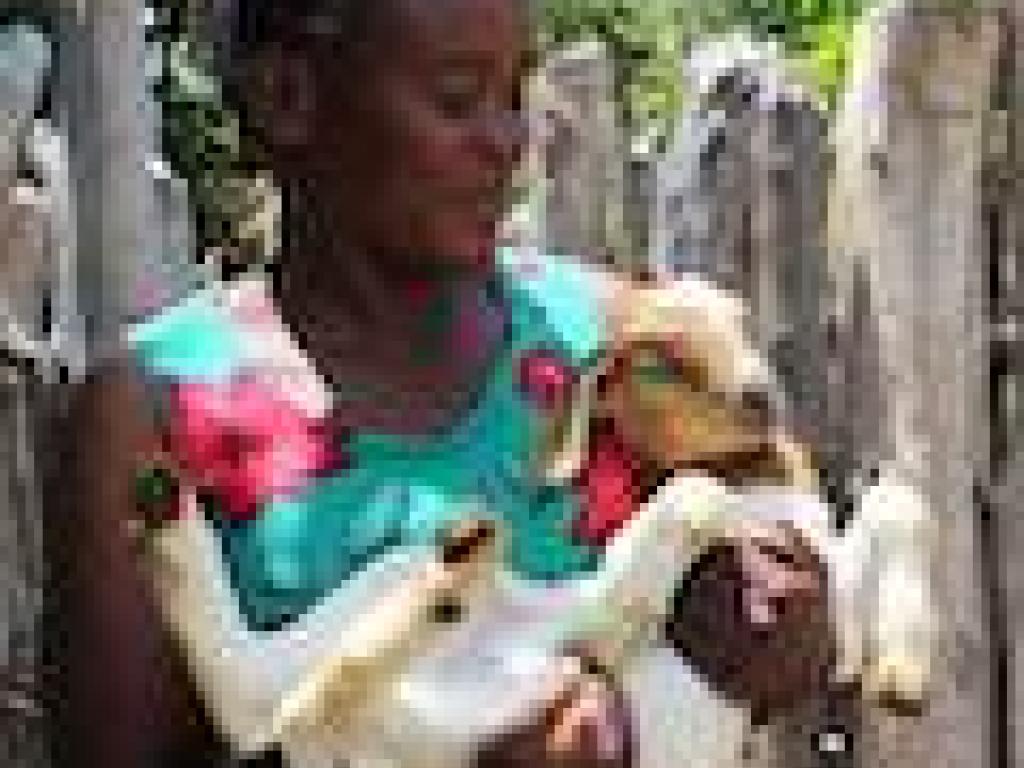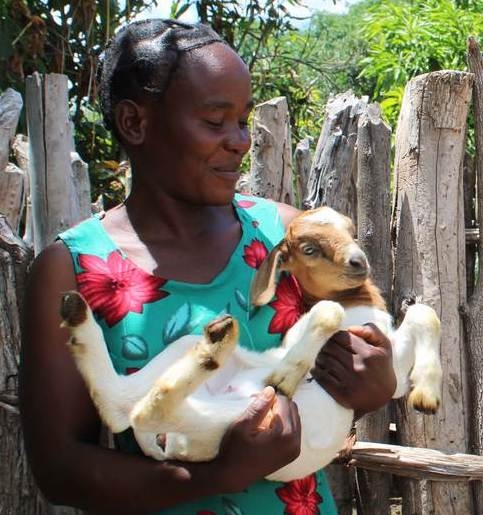Drought-hit Zimbabweans cut poverty and poaching by breeding bigger goats


Busani Bafana writes on how the breeding of bigger goats in Chivwetu Village, Zimbabwe can help to reduce both poverty and poaching. This project is a great example of community-focused responses to Illegal Wildlife trade.
The article discusses a project of the Sustainable Wildlife Management Programme which has given 30 farmers in Binga one buck, either a Boer or Kalahari goat, to breed with their indigenous females. The project to breed bigger goats and raise incomes aims to help communities feed their families without wiping out local wildlife, as extreme weather hurts crops.
Annette Hubschle, a research fellow at the GRG and expert on illegal wildlife, says trying new foods is a small step towards stopping people from hunting to ease hunger linked to climate change. Conservation projects should also encourage communities to adapt their farming to the changing climate so they do not abandon agriculture entirely.
